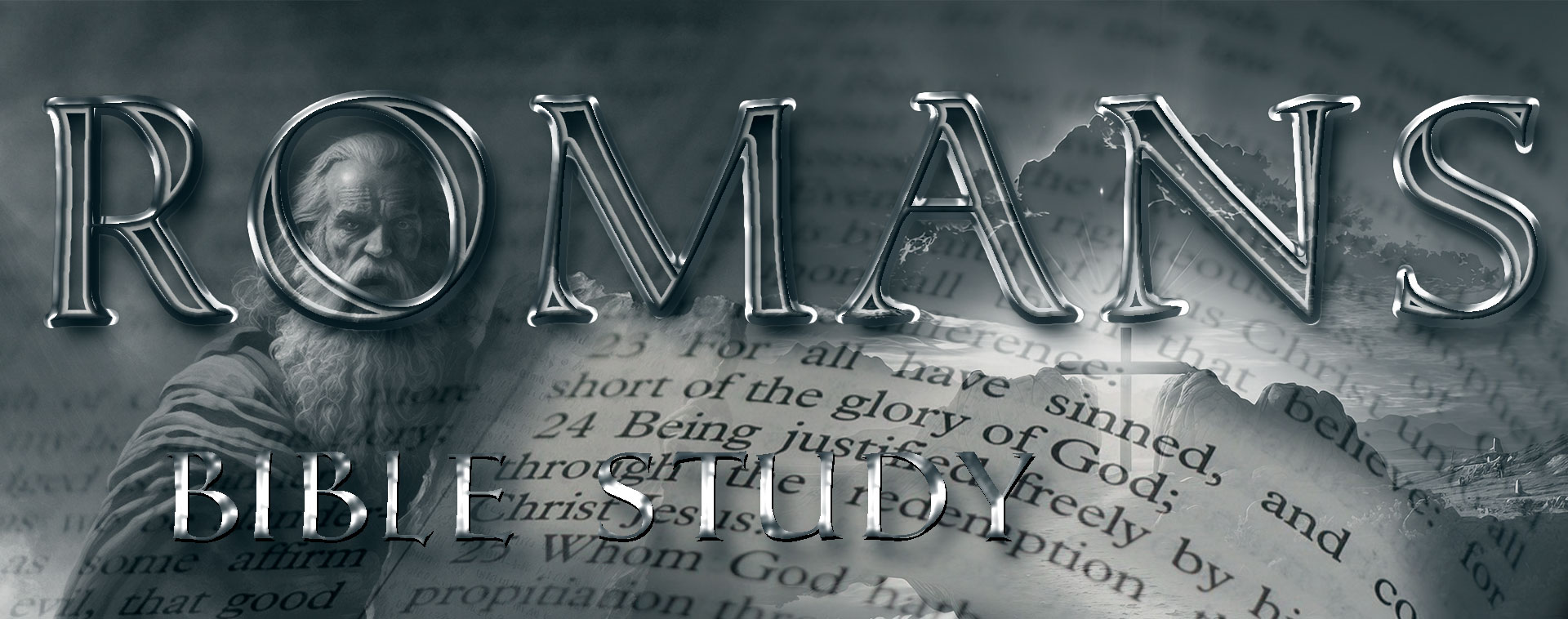
Then what becomes of our boasting? It is excluded. By what kind of law? By a law of works? No, but by the law of faith. 28 For we hold that one is justified by faith apart from works of the law. 29 Or is God the God of Jews only? Is he not the God of Gentiles also? Yes, of Gentiles also, 30 since God is one—who will justify the circumcised by faith and the uncircumcised through faith. 31 Do we then overthrow the law by this faith? By no means! On the contrary, we uphold the law.

In Christ’s Service,
Pastor Kurt
Meeting Address:
27221 Foamflower Blvd.
Wesley Chapel, FL 33544
Ph: (813) 602-1104
Copyright 2025, Faith Lutheran Church, Wesley Chapel. All Rights Reserved.